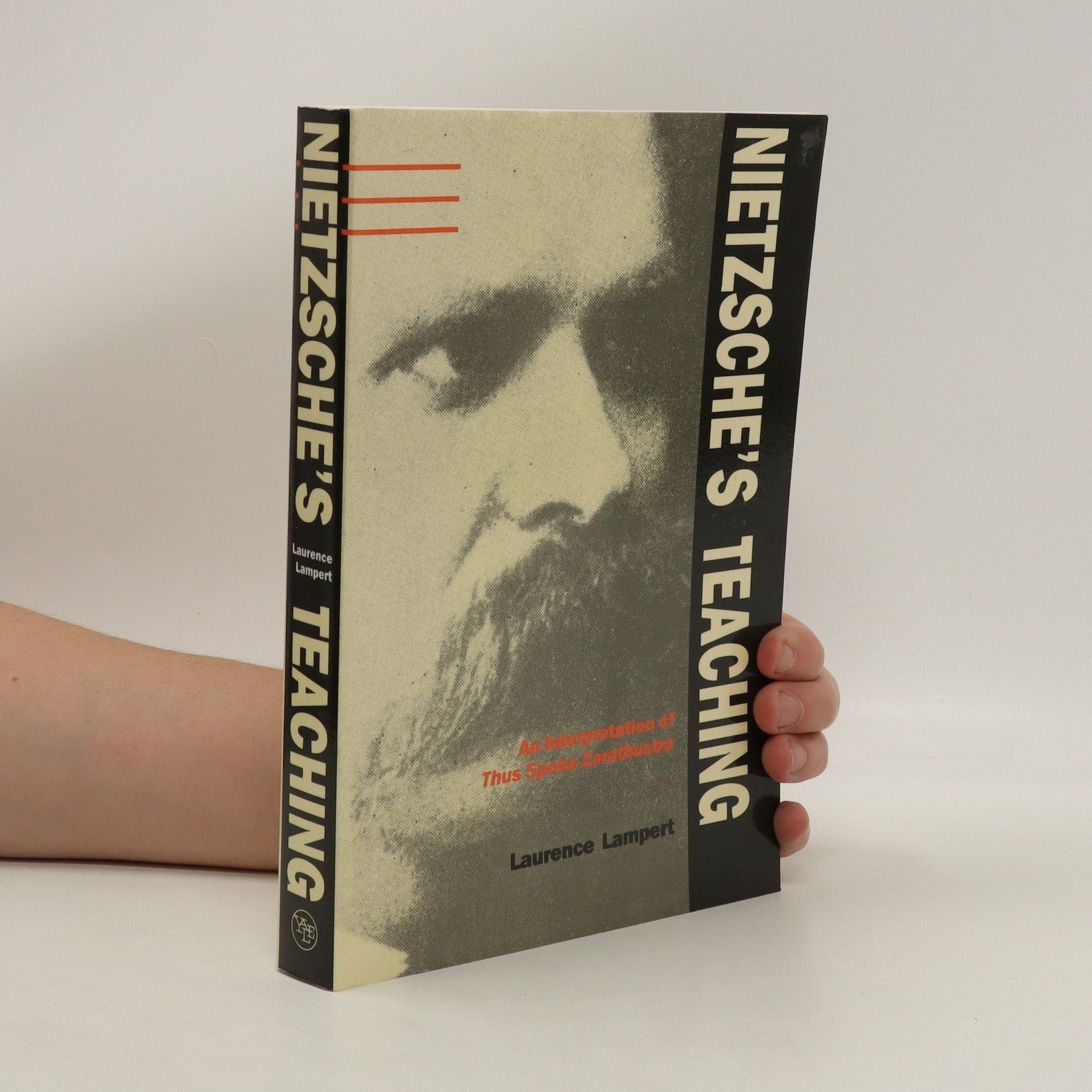Nietzsche´s Teaching
- 378pages
- 14 heures de lecture
This comprehensive interpretation of Nietzsche's only narrative work offers a chapter-by-chapter commentary that clarifies both the narrative structure of the text and the evolution of Nietzsche's philosophical thought. Laurence Lampert's analysis is praised as an impressive scholarly achievement that addresses the complexities of the work in an unprecedented manner, making it an invaluable resource for serious students of Nietzsche. Reviewers commend the study for its passion and dedication to the text, highlighting it as the first genuine textual commentary in English that serves as a reader's guide. Lampert's thorough examination provides significant insights into Nietzsche's poetic and philosophical style, as well as his deeply held values. The detailed commentary is recognized as the most useful English-language companion to this intriguing work, contributing meaningfully to the field of Nietzsche scholarship. Selected as one of Choice's outstanding academic books for 1988, this study is bound to reignite interest in the text and elevate scholarly standards.
